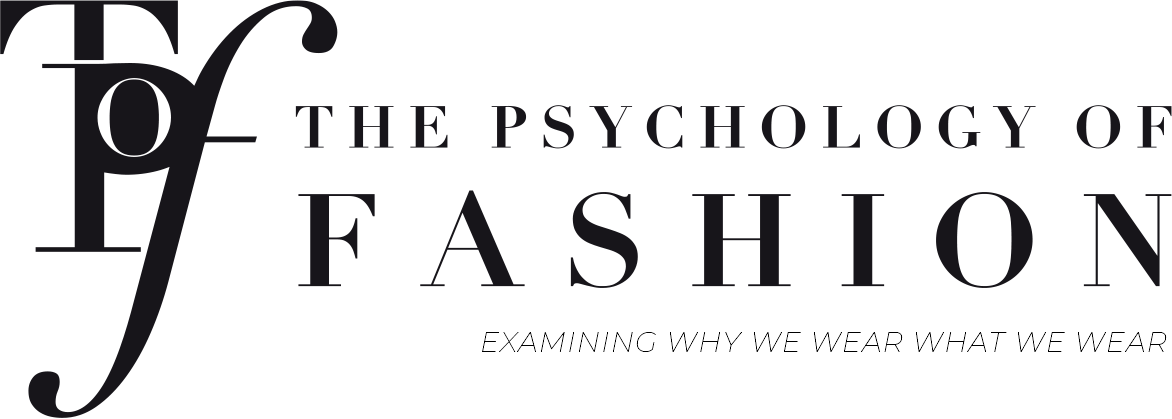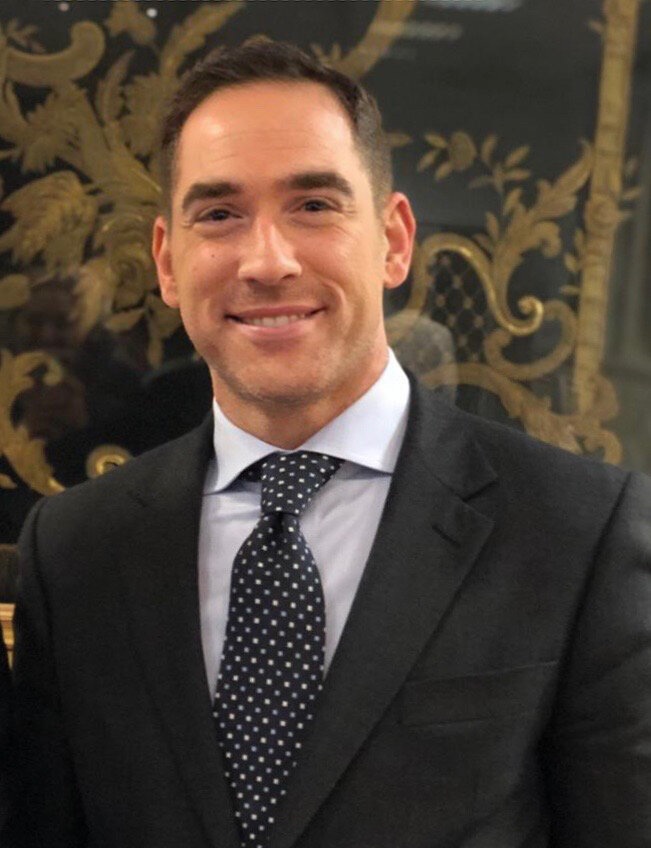Over the last 22 years I had the fortune of spending much time with my wife’s grandfather, who happened to be the Chief Rabbi of Israel. At his table at home, he was accustomed to sitting in a crisp white shirt, suspenders, and black pants. His sleeves were always rolled up. On Friday nights, he would say kiddush, the Jewish ceremony of prayer and blessing over wine to mark the Sabbath, dressed this way, usually with his left hand in his pocket.
I remember the very first Shabbat I spent with him. After seeing him speak in formal ceremonies and address very large crowds, I had not been used to seeing him in this relaxed setting at home. But over the weekend, he was so engaging and warm, that it made the environment in his home quite relaxed. He told us stories of his youth and offered us pickles that he had made himself from a large jar. “Ma’ase yadai!” - ‘the work of my hands!’ he would say as he doled out spoonfuls to us all.
At Shabbat’s end, as he prepared to leave for his weekly lesson, he invited me to accompany him. His driver arrived and brought out his ceremonial robe and hat. I watched the Rabbi styled to the nines, and immediately felt a strange knot in my stomach. Things had felt so at-ease over Shabbat with the man in the simple dress shirt with rolled-up sleeves, but before me standing in his flowing, midnight-blue robe with gold embroidery and a turban-shaped hat, was one of the greatest Rabbis of our times - a man who commanded immense respect and profound authority. I felt the sense that I was no longer standing before my children’s ‘Saba’ (grandpa), but before a leader in full regalia.
All that had changed from just a moment before were his clothes, but it was enough to express the depth of his unique, personal glory in a way that only clothing can. It made me realize, that it was not clothes that made the man, as is often said. The man was self-made, and his clothes were the external exhibit of his distinction.
There are few things that can express aspects of our identity like clothing. The Queen in her crown and royal robes, a bride in her wedding dress, even a film star on Oscar night in a gown or black tie. In these cases, the clothes express the stature or achievements of the person; they are literally wearing their glory.
Wearing her glory: Audrey Hepburn wore a custom-made Givenchy dress in 1954 when she won the Academy Award for Best Actress for Roman Holiday.
Interestingly, in Hebrew, there are two distinct words for clothing. One is ‘leboush’, and the other is ‘beged’. We will only call a garment a leboush, when it is in the context of being worn. Beged refers simply to the garment itself, not how it is used. Leboush, therefore, can be used both as a verb and a noun. With leboush our clothes are personal adornments; the very aspects of our soul and identity are represented by the garments we wear. A beged becomes our leboush, much like a garment becomes our outfit.
Looking at it this way, ‘to wear’ something does not simply refer to the pieces of clothing one might have on. When we overlay our bodies with an external presentation, we represent aspects of who we are. We wear it, it does not wear us. Colors, textures, drape and flow, the cut and style of our clothing, all subliminally or overtly point to something within us that is being expressed.
While it may seem that fashion is a worldly construct at odds with religion, even our holy book, the Torah, expects that the clothing one wears should express the dignity and beauty of the person wearing them, rather than simply being used functionally for coverage. Clothing is synonymous with honor and splendor in the Torah, and is meant to epitomize it. The text supports the notion that a person who has worked to refine his character, and achieve a wholesome self, must clothe himself in a way that expresses this.
“Colors, textures, drape and flow, the cut and style of our clothing, all subliminally or overtly point to something within us that is being expressed.”
There is, of course, a second part to the utilization of clothing. Rather than to only exemplify the inner beauty of a person, it can be used to redefine the person — both to others and to oneself. Clothes are powerful in this regard. They can be used to create or facilitate a new persona rather than just express the current one. Our clothes have such an impact on us and others that we often tend to use them to compensate for what we believe is lacking in us or to make statements about how we wish to be perceived rather than who we actually are. Often, in dressing for who we want to become, we live into that person, and improve many other aspects of our lives.
The Hebrew Bible intriguingly uses high-minded metaphors for clothing throughout. The mention of clothes often occurs close together with moments of glory. We can finally wear our garments of honor and splendor. We have earned them. “For He has clothed me with garments of triumph, wrapped me in a robe of victory, like a bridegroom adorned with splendor, like a bride bedecked with her finery.” (Isaiah, 61:10)
Aesthetic details matter: intricate silver metalwork to house the Torah scrolls.
I wanted to share this spiritual validation of the power of clothing, because on our course of refinement and growth, and our journeys of self-discovery and self-actualization, we have many ways in which we interact and express ourselves. How we eat, how much we sleep, whether we exercise, how we monitor our thoughts, how we treat others. Clothing - what we wear - is one of them. It is a potent mode of self-expression and, at times, self-definition.
We should look at whether our clothes display the greatest aspects of our personal beauty and grace. And in our path of growth, we must avoid using clothing to define, cover or restrict our unique identity. In other words, don’t use clothes that hide you or hinder your progress.
Everyone's situation is personal, but some ways this happens is dressing exactly like everybody else out of fear of standing out, or no longer putting an effort into your clothing and exterior. Sometimes, we get to a point in our life, or undergo a challenging time, when we begin to believe that what we wear no longer matters. Spiritually and psychologically, this lack of effort reinforces the idea back to you that you're no longer worth making an effort in. Young or old, married or single, religious or not, we're all worth our own investment.
We must not draw our persona and character from the clothes we wear, nor should we use them to inhibit it. Rather, it’s an exchange. We build our character from within, refining it every day, emerging continually with a fuller, more mature identity. Our clothing should reflect and honor the inherent light of life that every single human being on earth bears.
When we choose our clothes, we must ask ourselves, will this garment honor me? Will it “gracefully adorn” me? Or will it cover and restrict who I am? As the books say, our clothes are our honors. We are to work to build and refine ourselves, and grace ourselves with what we wear.
Rabbi Joseph Dweck is the Senior Rabbi of the S&P Sephardi Community of the United Kingdom.














In the world of post-pandemic dressing, one word has taken social media by storm: cheugy (pronounced: chew-gee). In the worlds of fashion and lifestyle, cheugy describes a look, a thing or a person that’s considered out of date.